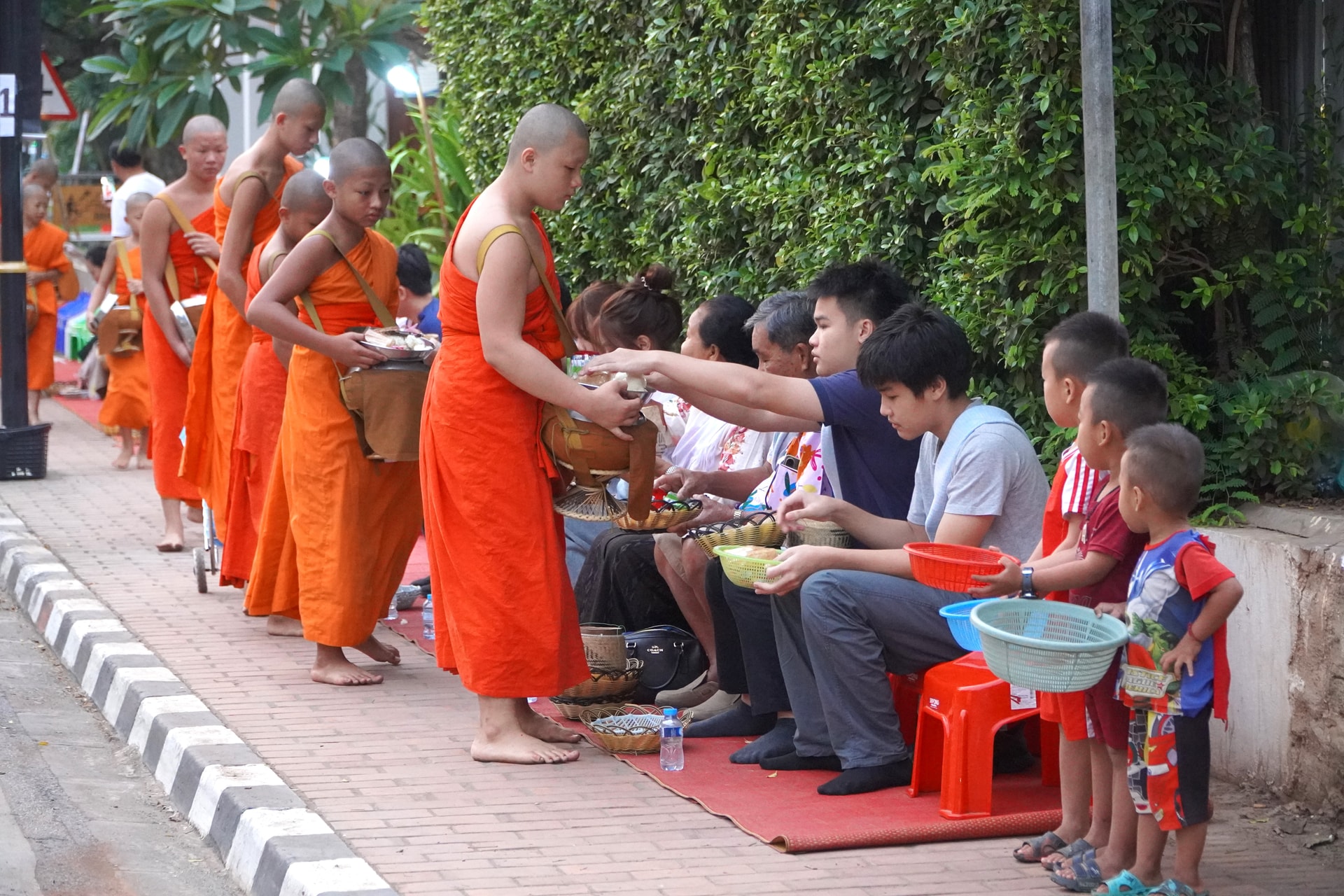
Not only recognized by UNESCO as a World Cultural Heritage, Luang Prabang (Laos) also preserves profound spiritual values through the morning alms-giving ritual - a circle of giving and receiving, where people find peace amidst the hustle and bustle of modern life.
Blessings in the morning of the ancient capital
The morning mist gradually dissipates, the ancient capital awakens in a pure and sacred atmosphere. On the streets of the old quarter, locals and tourists dressed neatly and neatly arrange low rows of chairs, sitting neatly on the sidewalk. Each person has a bamboo or rattan tray filled with hot sticky rice, cakes, bottles of water, etc. All face the same direction, waiting for the alms-begging ritual - a unique cultural feature that has existed here for centuries.
As the first rays of sunlight filtered through the old Champa flower roots, a group of young monks, dressed in saffron-colored robes, walked barefoot and silently, carrying alms bowls on their shoulders. They walked slowly and steadily, with only solemnity and clasped hands.
Locals and tourists knelt down and bowed their heads in reverence. They carefully placed each sticky rice and offering items into the alms bowl of each passing monk. It was not just an act of offering food, but also a way to “plant good karma” and accumulate merit. Each bow, each gesture expressed sincere respect for the monks.
After the offering, the monks stopped to pray for peace and the best for those who offered. They started the day with the kindest and most benevolent thoughts.
When the group of monks had almost left, I saw some poor people and children sitting quietly at the end of the line. After receiving enough food, the monks shared some of it with them. This act was not charity, but humble sharing. The recipients of the food did not stand, they also knelt down, bowed their heads to receive the blessing, like the circulation of compassion - simple but profound.
That scene puzzled me a lot. Why didn’t the people offering the food directly to the poor? And why didn’t the poor people sit on chairs but kneel down to receive the food?
Having this concern, I asked Mr. Le Huynh Truong, Deputy Head of Border Management Department, Department of Foreign Affairs of Da Nang city - who has worked in Laos for more than 17 years - to realize that the gift does not lie in convenience, but in the depth of faith, the food given by the monk at this time is a blessing.
It is the intersection of faith and life. Offering to monks is considered the highest way to accumulate merit, because monks are the representatives of the Three Jewels and are on the path of cultivating morality, concentration and wisdom. It is a perfect circle of cause and effect: people have enough to give to monks, monks share with the poor, creating a chain of charitable actions linked together in a circle of giving and receiving, simple but profound.
Spread from simple giving
The Leader shared more: An interesting thing in Laos is that there are no beggars. The reason my friend explained was that poor people who want to have food just go to the temple, each village has at least one temple. Every morning, the monk comes back from begging and only eats one meal before 12 o'clock in the day, the rest of the items are displayed for the people in the village who are hungry, poor, and in need to come and have a meal.
This sharing has a profound humanistic meaning, educating people not to let hunger give rise to evil thoughts like stealing, just come to the temple you will be saved both physically and mentally. Perhaps that is why we always feel that Lao people are always kind and sincere every time we meet. That is the circle of compassion.
The alms-giving ceremony in the ancient capital of Luang Prabang is not only a religious ritual, but also a profound lesson on how people treat each other: humility, compassion and sharing. It reminds us that giving is not about receiving, but about creating good values, spreading kindness in the community. That is the true beauty of Luang Prabang, not only in the ancient temples, but also in the souls of the people here.
In today’s noisy, hurried modern life, people are easily caught up in the cycle of work, study, social networks, where value is measured by efficiency and speed. We often give with the expectation of receiving something in return: a thank you, a look of recognition, even a “like” on the phone screen. But that morning in Luong Pha Bang reminded me that sometimes the most beautiful way to give is when we don’t need to see immediate results, but believe that it will spread in its own way.
Perhaps, in the world of technology that develops every day, people need to keep for themselves moments of slowing down - like the slow pace of the monks on Sakkaline road that morning. Because it is those moments that help us remember that the most precious thing in modern life is not speed or material things, but peace of mind and compassion for each other.
Source: https://baodanang.vn/vong-tron-cua-su-cho-va-nhan-3306219.html


![[Photo] Dan Mountain Ginseng, a precious gift from nature to Kinh Bac land](/_next/image?url=https%3A%2F%2Fvphoto.vietnam.vn%2Fthumb%2F1200x675%2Fvietnam%2Fresource%2FIMAGE%2F2025%2F11%2F30%2F1764493588163_ndo_br_anh-longform-jpg.webp&w=3840&q=75)






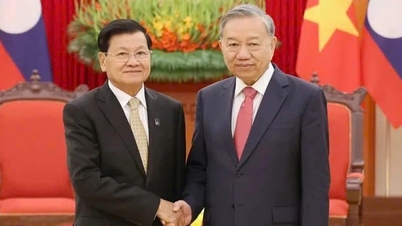

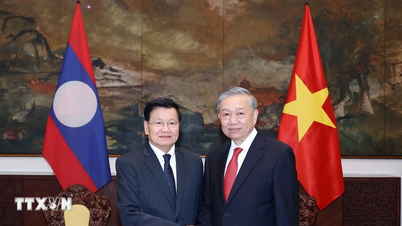
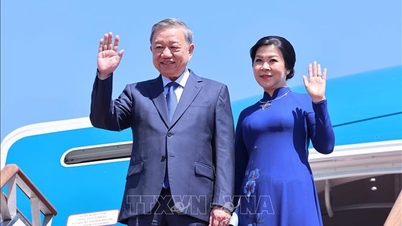

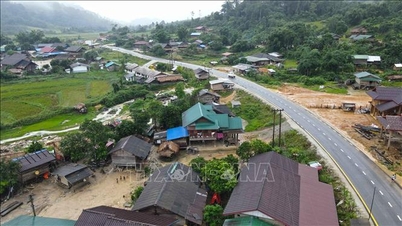
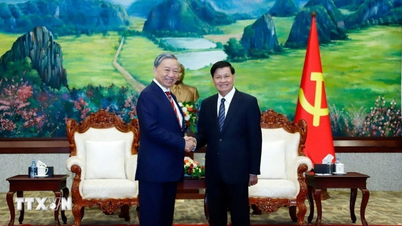
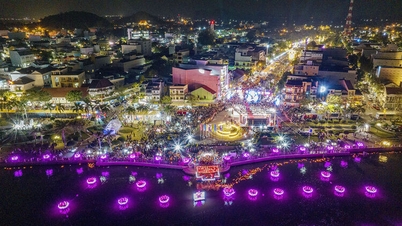


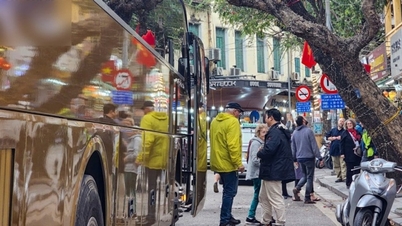

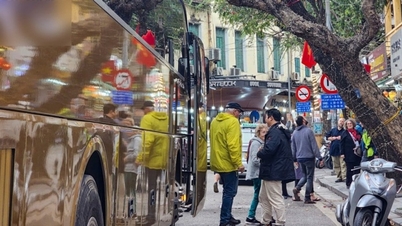


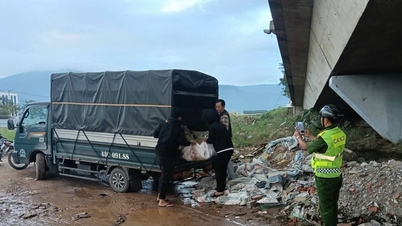





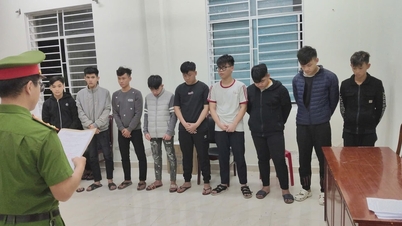
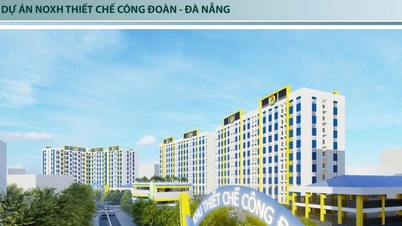

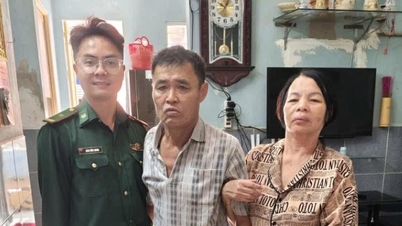
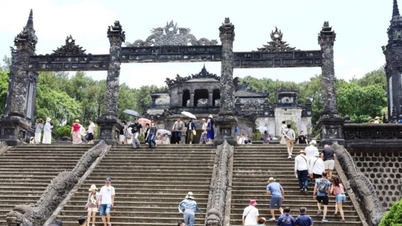


































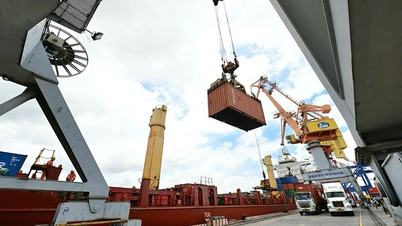

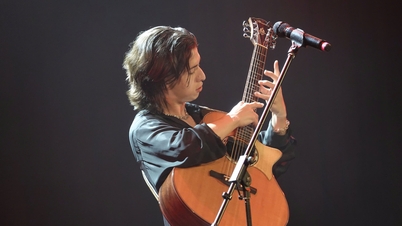
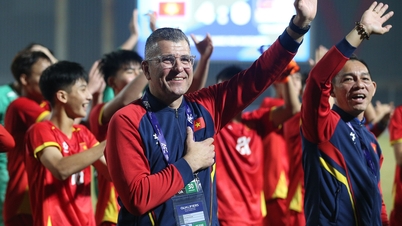
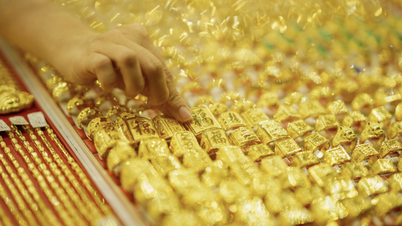

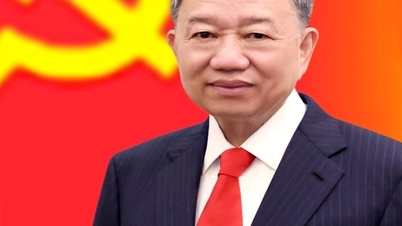


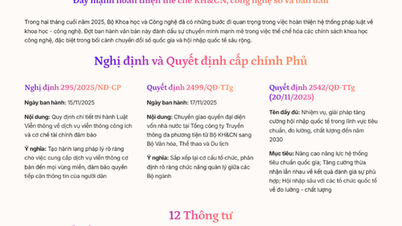

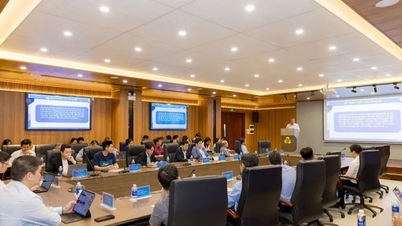
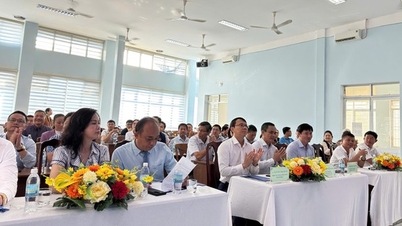
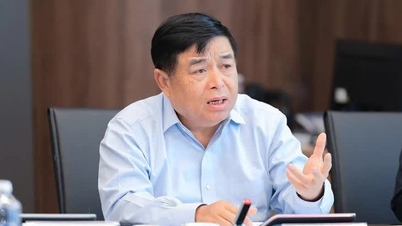
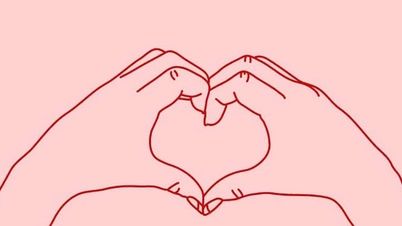

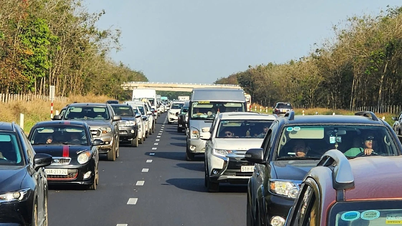

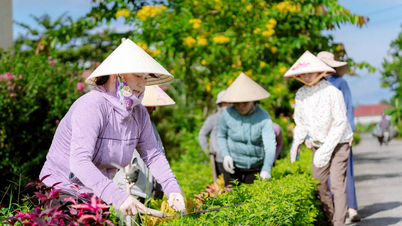

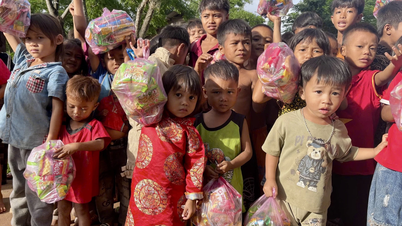

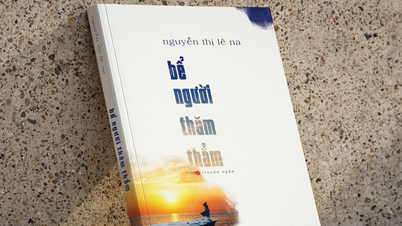












Comment (0)